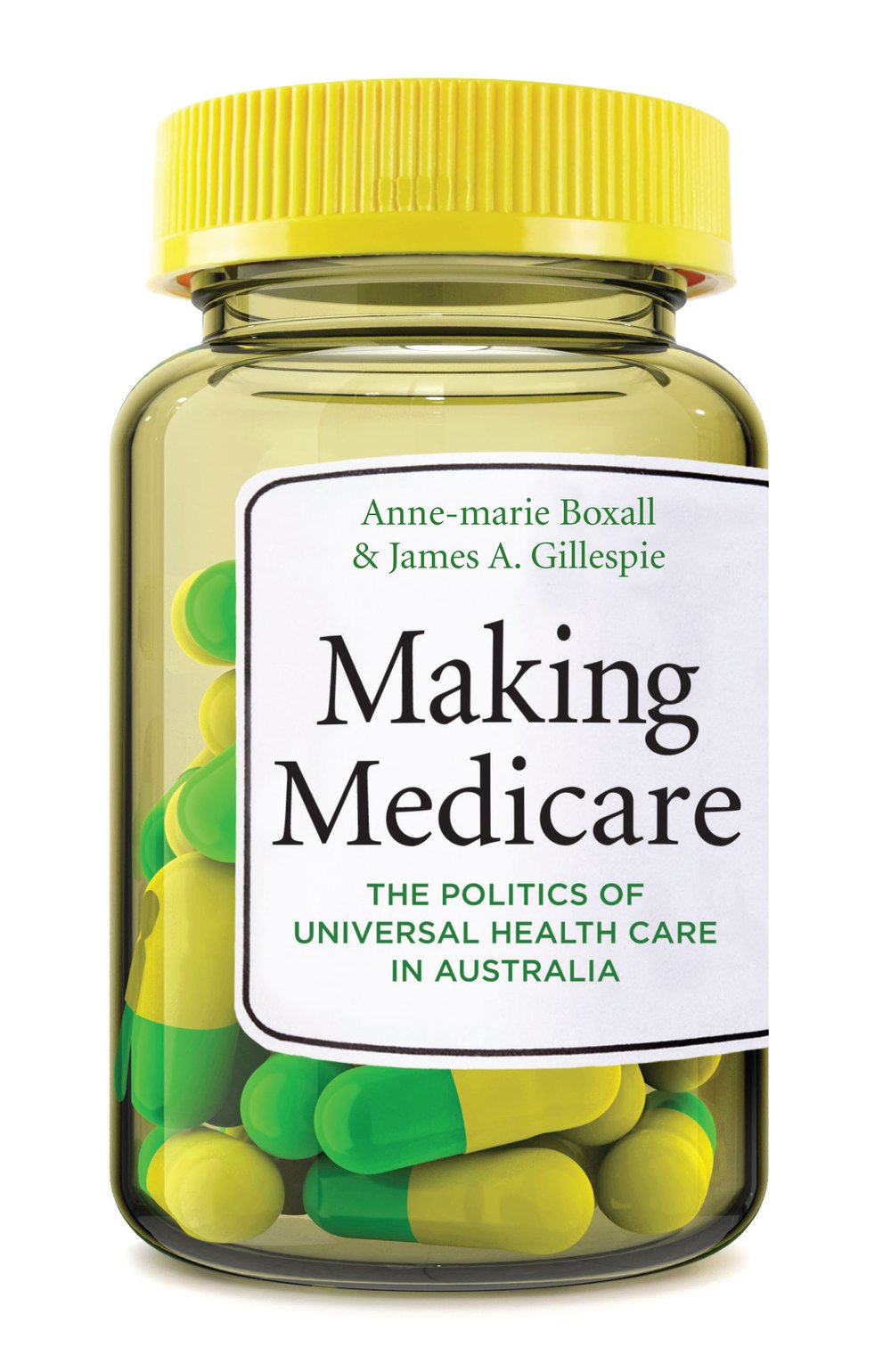Ignoring Medicare at election time may make short-term political sense for the major political parties, write Anne-marie Boxall and James Gillespie, but the intractable structural problem with Australia’s health insurance requires serious attention.
In the 2013 Australian federal election campaign, the major parties have been largely silent on health system reform. Health is not currently arousing the same political passions that it did in the 1970s and 1980s, when the introduction of Australia’s first universal health insurance scheme was debated furiously, and initially faced a wall of hostility from most sections of organised medicine and the Coalition parties.
When Medibank was introduced in 1975, it was within a climate of extreme partisan politics. By 1982 it had been dismantled by the Fraser Coalition government. Its reintroduction by the Hawke government in 1984 as Medicare provoked similar levels of fury from the Coalition parties. Both sides of politics became locked into set positions.
Is it any wonder, then, that for supporters of the system, any suggestion of a need for substantial reform is still greeted with apprehension? There is a fear that reforms may leave an opening for yet another attempt to undermine universal health coverage. As a result, the fundamental reform of Medicare has remained a no-go area for both sides of politics.
***
Medicare was well-designed to meet the health problems of the 1960s and 1970s. We are now living healthier, longer lives, but an ageing society brings with it a greater burden of chronic disease. Instead of short episodes of illness, ending in death or cure, this growing burden comes from serious and continuing illnesses, such as diabetes, chronic heart disease and respiratory illnesses. These need continuity of care and management.
But the Medicare system wasn’t designed to encourage continuity of care. Instead, it uses fee-for-service to fragment care into short episodes. A major criticism of the current system is that it doesn’t provide optimal care because it’s episodic and, as a result, it may be creating incentives for abuse of the system as doctors’ incomes are generated by multiplying episodes of care.
Medicare offered a guarantee that no-one should fall into poverty or bankruptcy because of illness. This security net has been slowly undermined, through government cost savings and rising out of pocket expenses.
The Australian health system has proved very hard to reform. This hardly makes us unique in the world, but there are some very specific barriers to change. The complexities of our federal system, with divided responsibility and control of primary care (largely Commonwealth) and hospitals (largely the states) were at the foreground in the Rudd and Gillard governments’ reform projects.
Another structural issue is that Australia has two health insurance schemes. There is the compulsory, tax-funded Medicare scheme and a voluntary, private scheme which is also partly subsidised through taxation. Ever since Australia introduced Medicare on top of the existing private insurance scheme, governments have tried to make our mixed system work, but after nearly 40 years it appears we are no closer to a workable, sustainable solution.
A broad consensus (if still grudging in some quarters) runs across Australian politics in support of the main elements of universal insurance. But we need to move beyond the frozen politics of the 1980s and 1990s and recognise that there are major structural faults within the system.
In the meantime, ignoring Medicare at election time may make short-term political sense for the major political parties, but the intractable structural problem with Australia’s health insurance is the elephant in the room, and it requires serious attention. Reform can only start with a fundamental rethink of Medicare.
***
This is an edited version of articles by Anne-marie Boxall and James A. Gillespie published in The Australian Financial Review and The Conversation.
Anne-marie Boxall and James A. Gillespie’s book Making Medicare: The politics of universal health care in Australia is published by UNSW Press in September.

